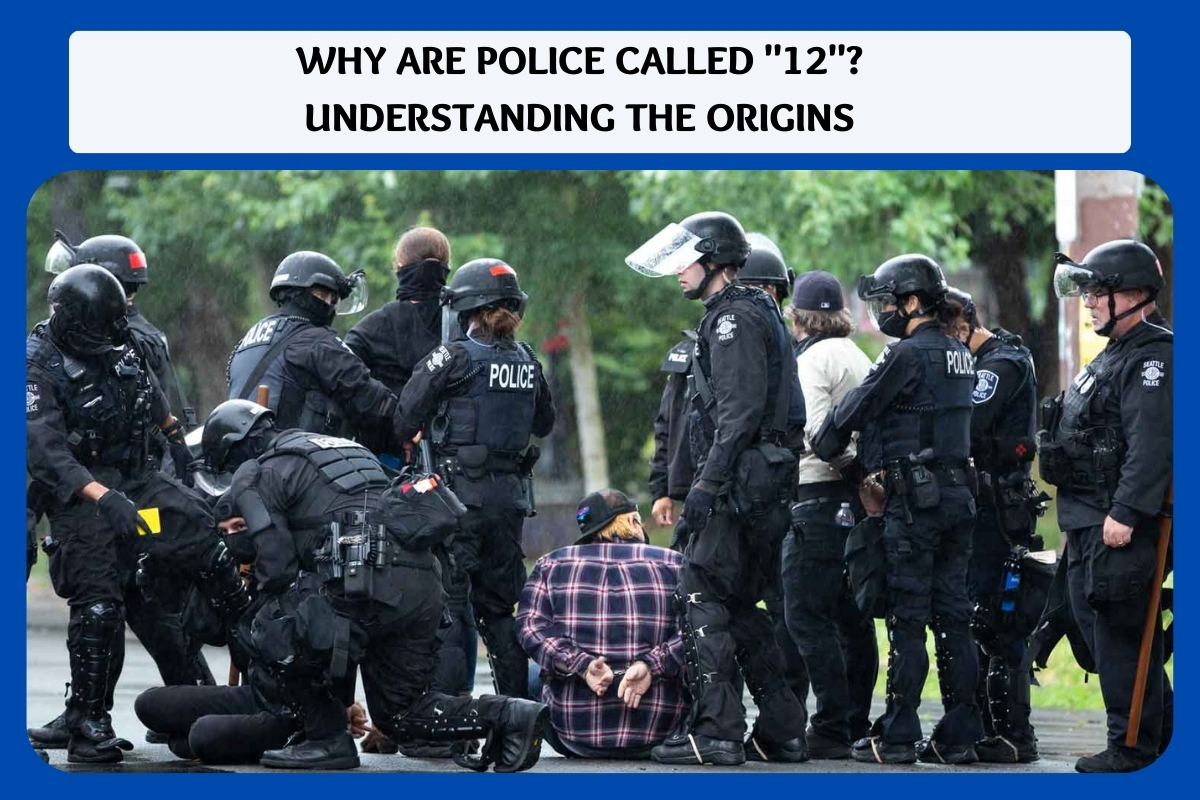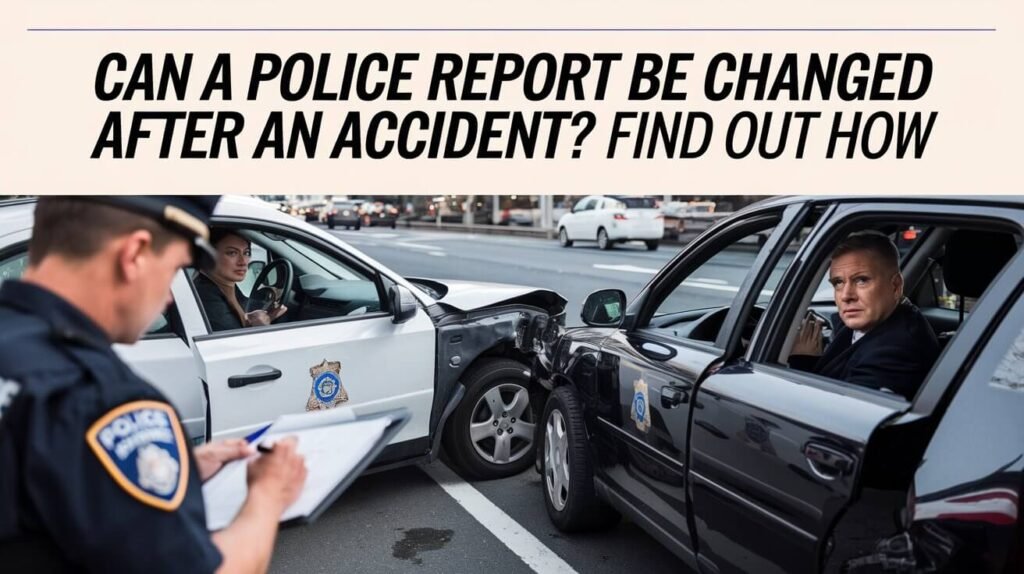Have you ever wondered why the police are sometimes referred to as "12"? This unique nickname has a fascinating history rooted in both cultural and historical contexts. The term "12" for police is not just a random number; it carries significant meaning that dates back to the early days of law enforcement. Understanding this term provides insight into the evolution of policing and its role in society.
In this article, we will explore the origins of the term "12" as it relates to law enforcement, its cultural significance, and how it has evolved over time. We will also delve into the broader implications of this terminology in modern policing and its impact on public perception.
Whether you're a history enthusiast, a law enforcement professional, or simply curious about the origins of this term, this article will provide a detailed and engaging overview of why the police are called "12". Let's dive in!
Read also:East Park Cinema The Ultimate Destination For Movie Enthusiasts
Table of Contents
- The Origin of the Term "12" for Police
- Historical Context of Law Enforcement
- Cultural Significance of the Term
- Modern Usage of the Term "12"
- Legal Implications of the Term
- Police Reform and Public Perception
- Subheading: Community Relations
- Subheading: Media Representation
- Subheading: Urban Legends
- Subheading: Law Enforcement Training
- Subheading: Global Perspectives
- Conclusion
The Origin of the Term "12" for Police
The term "12" as a reference to police has its roots in the early days of American law enforcement. Historically, police officers were often assigned to patrol specific beats or districts, and these areas were sometimes identified by numbers. In some cities, the number "12" was used to designate a particular precinct or patrol zone. Over time, this number became synonymous with the police themselves.
In addition to its use in identifying patrol zones, the number "12" also gained popularity in popular culture. Songs, movies, and literature often referenced "12" as a shorthand for law enforcement, further embedding the term in public consciousness. This cultural reinforcement helped solidify the connection between "12" and the police.
It's worth noting that the use of numbers to identify police officers or departments is not unique to the United States. In many countries, police forces use numeric codes to streamline communication and improve efficiency. However, the specific association of "12" with police in the U.S. remains a distinct cultural phenomenon.
Historical Context of Law Enforcement
To fully understand why the police are called "12," it's essential to examine the historical context of law enforcement. The modern police force as we know it today has evolved significantly over the centuries. From the early days of night watchmen in medieval Europe to the establishment of professional police departments in the 19th century, the role of law enforcement has expanded and adapted to meet the needs of society.
Subheading: The Evolution of Policing
One of the key factors in the development of modern policing was the industrial revolution. As cities grew and populations increased, the need for organized law enforcement became more pressing. In the United States, the first professional police department was established in New York City in 1845, followed by similar departments in other major cities. These early police forces laid the groundwork for the systems we have today.
- Early police forces were often underfunded and understaffed.
- Community policing emerged as a response to the growing complexity of urban life.
- Technological advancements, such as radios and computers, revolutionized police operations.
Cultural Significance of the Term
The cultural significance of the term "12" extends beyond its historical origins. In popular culture, the term has been used in various forms of media to represent authority, order, and sometimes even oppression. Songs like "The 12 Days of Christmas" and movies like "12 Angry Men" have contributed to the term's prominence in public discourse.
Read also:New York Boulders A Comprehensive Guide To Climbing Adventures
Subheading: Media Representation
Media plays a crucial role in shaping public perception of law enforcement. Television shows, movies, and music often portray police officers as either heroes or villains, depending on the narrative. The use of "12" in these contexts can evoke strong emotional responses from audiences, highlighting the complex relationship between law enforcement and the communities they serve.
For example, in hip-hop culture, the term "12" is sometimes used to critique police actions and highlight issues of racial injustice. Artists use this terminology to draw attention to systemic problems within the criminal justice system, sparking important conversations about reform and accountability.
Modern Usage of the Term "12"
In modern times, the term "12" continues to be used in various contexts, both formal and informal. Law enforcement agencies may use numeric codes for internal communication, while members of the public might refer to "12" when discussing police presence in their communities. The term has also found its way into social media, where hashtags like #12 or #Police12 are used to discuss issues related to law enforcement.
Subheading: Urban Legends
Urban legends surrounding the term "12" have contributed to its mystique. Some people believe that the number holds mystical powers or represents a hidden agenda within law enforcement. While these stories are often unfounded, they reflect the deep-seated emotions and concerns that people have about police authority.
- Some urban legends claim that "12" refers to a secret police society.
- Others believe that the number is used to intimidate or control communities.
- Despite these myths, the term remains a widely recognized shorthand for law enforcement.
Legal Implications of the Term
From a legal perspective, the use of the term "12" for police has important implications. In courtrooms and legal documents, precise terminology is crucial to ensure clarity and accuracy. While "12" may be used informally in certain contexts, it is not typically recognized as a legal term for law enforcement. Instead, more formal designations such as "police officer" or "law enforcement official" are preferred.
Subheading: Law Enforcement Training
Law enforcement training programs often emphasize the importance of clear communication and proper terminology. Officers are taught to use specific language when describing their roles and responsibilities, avoiding colloquialisms like "12" in formal settings. This approach helps maintain professionalism and ensures that legal proceedings are conducted with the utmost precision.
Police Reform and Public Perception
In recent years, the issue of police reform has gained significant attention, with many calling for changes in how law enforcement operates. Public perception of the police plays a critical role in shaping these discussions, and the use of terms like "12" can influence how people view law enforcement agencies.
Subheading: Global Perspectives
While the term "12" is most commonly associated with American law enforcement, similar numeric codes are used in other parts of the world. For example, in some European countries, police forces use numeric identifiers to denote specific units or divisions. These systems reflect the unique cultural and historical contexts of each nation's approach to law enforcement.
Conclusion
In conclusion, the term "12" for police is a fascinating example of how language and culture intersect to shape our understanding of law enforcement. From its historical origins to its modern usage, this term has played a significant role in public discourse about policing. By examining the cultural, legal, and social implications of this terminology, we gain a deeper appreciation for the complexities of modern law enforcement.
We invite you to share your thoughts on this topic in the comments section below. Do you have any personal experiences or insights to add? Additionally, feel free to explore other articles on our site for more in-depth coverage of law enforcement and related issues. Together, we can continue the conversation about building safer, more equitable communities for everyone.


